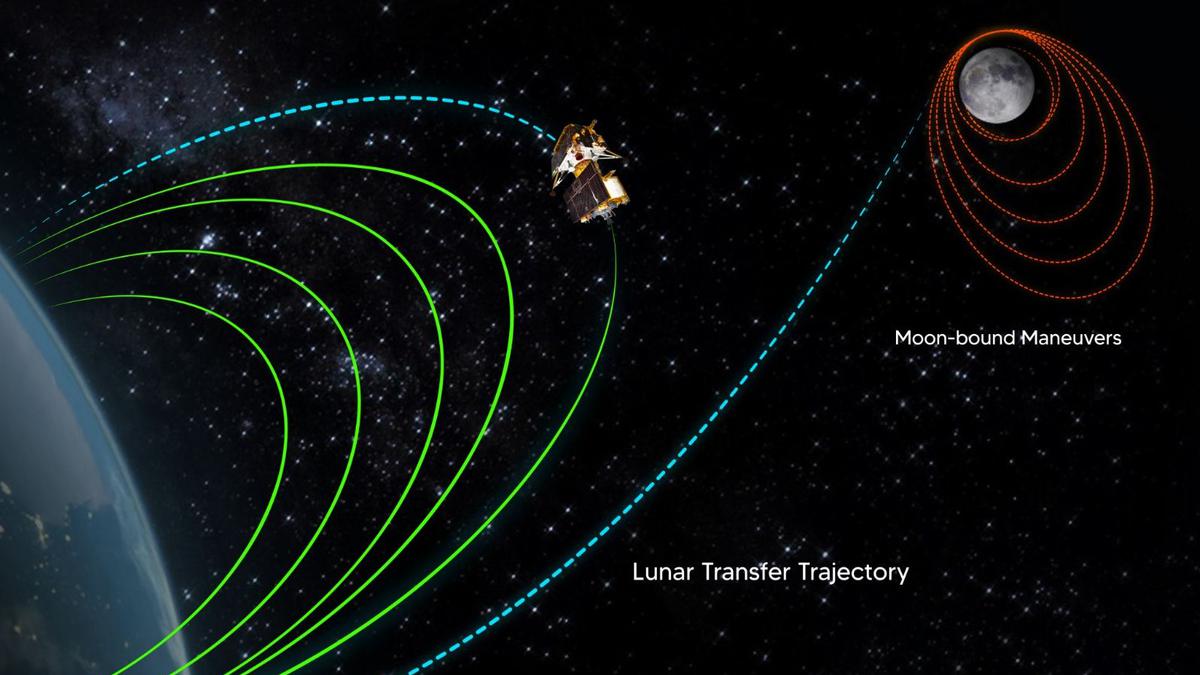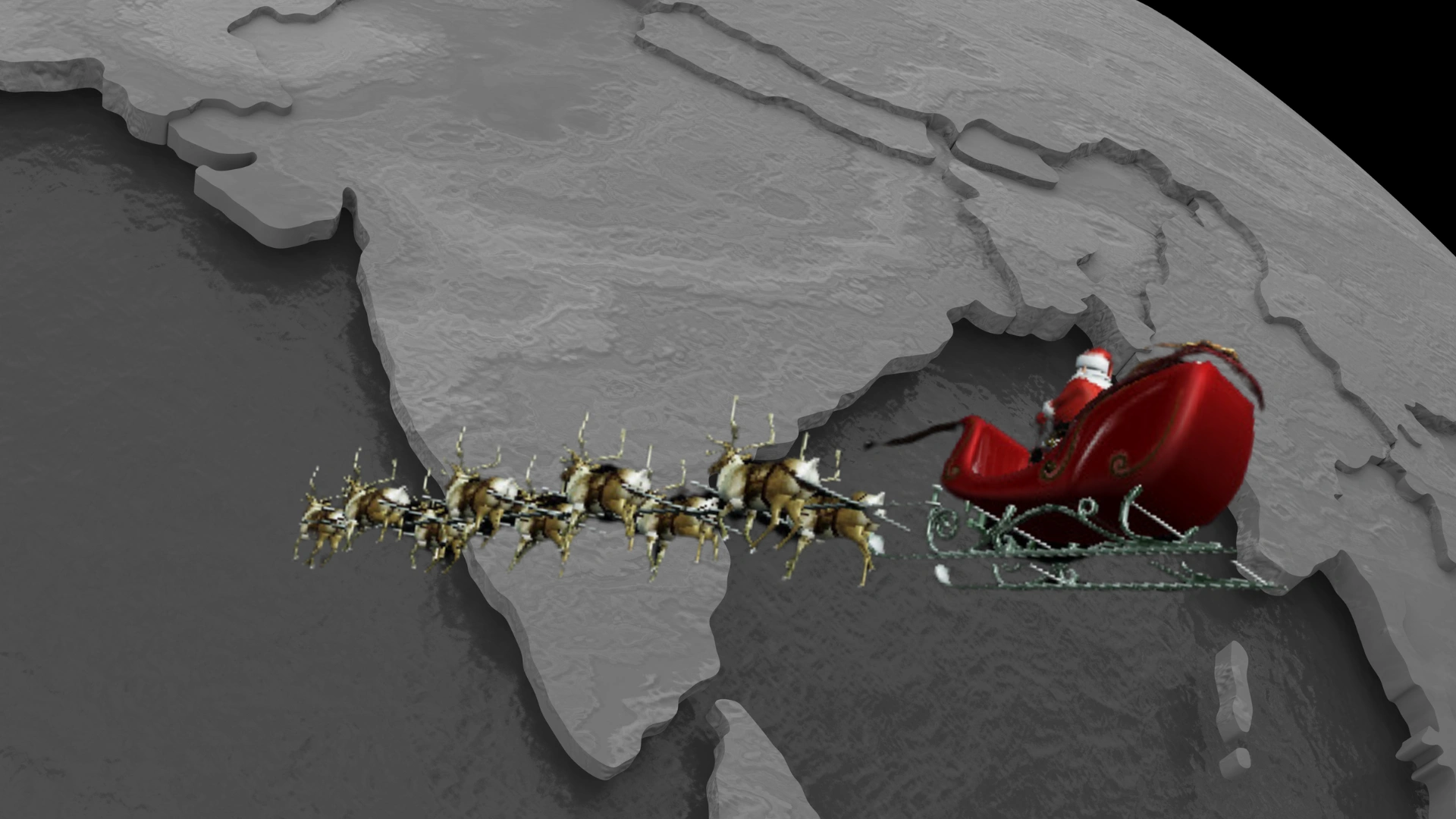Indian Space Research Organisation (ISRO) on Wednesday successfully carried out the final orbit reduction manoeuvre of the Chandrayaan-3 spacecraft, a week ahead of its scheduled landing on the moon. “Today’s successful firing, needed for a short duration, has put Chandrayaan-3 into an orbit of 153 km x 163 km, as intended. With this, the lunar bound manoeuvres are completed,” ISRO said today.
The spacecraft that was launched from the Satish Dhawan Space Centre in Andhra Pradesh’s Sriharikota on July 14 this year is expected to touchdown on the South Polar region of the Moon on August 23.
A GSLV Mark 3 (LVM 3) heavy-lift launch vehicle was used for the launch of the spacecraft that was placed in the lunar orbit on August 5 and since then it has been through a series of orbital manoeuvres been lowered closer to the moon’s surface.
Today’s fifth and final orbit-reduction manoeuvre was performed from ISRO Telemetry, Tracking and Command Network (ISTRAC) in Bengaluru.
With the lunar-bound manoeuvres now concluded, ISRO said that the focus of the Chandrayaan-3 mission shifts towards the next stages of preparations as the Propulsion Module and the Lander Module gear up “for their separate journeys.”
Separation of the Lander Module from the Propulsion Module is planned for August 17.
Union Minister Jitendra Singh posted on X, “A step closer towards the MOON! Today’s successful firing, needed for a short duration, has put Chandrayaan3 into an orbit of 153 km x 163 km, as intended. With this, the lunar bound maneuvres have been completed.”
ISRO is attempting to make a successful soft landing on the Moon, which will make India the fourth country in the world to achieve the feat, joining the ranks of the United States, Russia and China.
India’s third lunar mission, Chandrayaan-3, marks the country’s second attempt at a gentle lunar landing. It is a follow-up to Chandrayaan-2, the moon mission that failed in 2019. It will show off India’s complete capability for a secure lunar landing and roaming.
The components of Chandrayaan-3 include several electronic and mechanical subsystems designed to ensure a gentle and safe landing, including guidance and control systems, propulsion systems, and navigation sensors. There are also systems for releasing the rover, antennas for two-way communication, and other onboard electronics.
Chandrayaan-3’s declared goals include a secure and soft landing, lunar rover wandering, and in-situ scientific research.


















